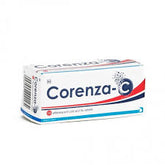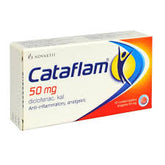featured Actinomycosis
On by ZimSeller Pharmacy 0 comments
Actinic keratoses (solar keratoses)
On by ZimSeller Pharmacy 0 comments
Acromegaly
On by ZimSeller Pharmacy 0 comments
Acid reflux in babies
On by ZimSeller Pharmacy 0 comments
Acid and chemical burns
On by ZimSeller Pharmacy 0 comments
Achalasia
On by ZimSeller Pharmacy 0 comments
Acanthosis nigricans
On by ZimSeller Pharmacy 0 comments





















